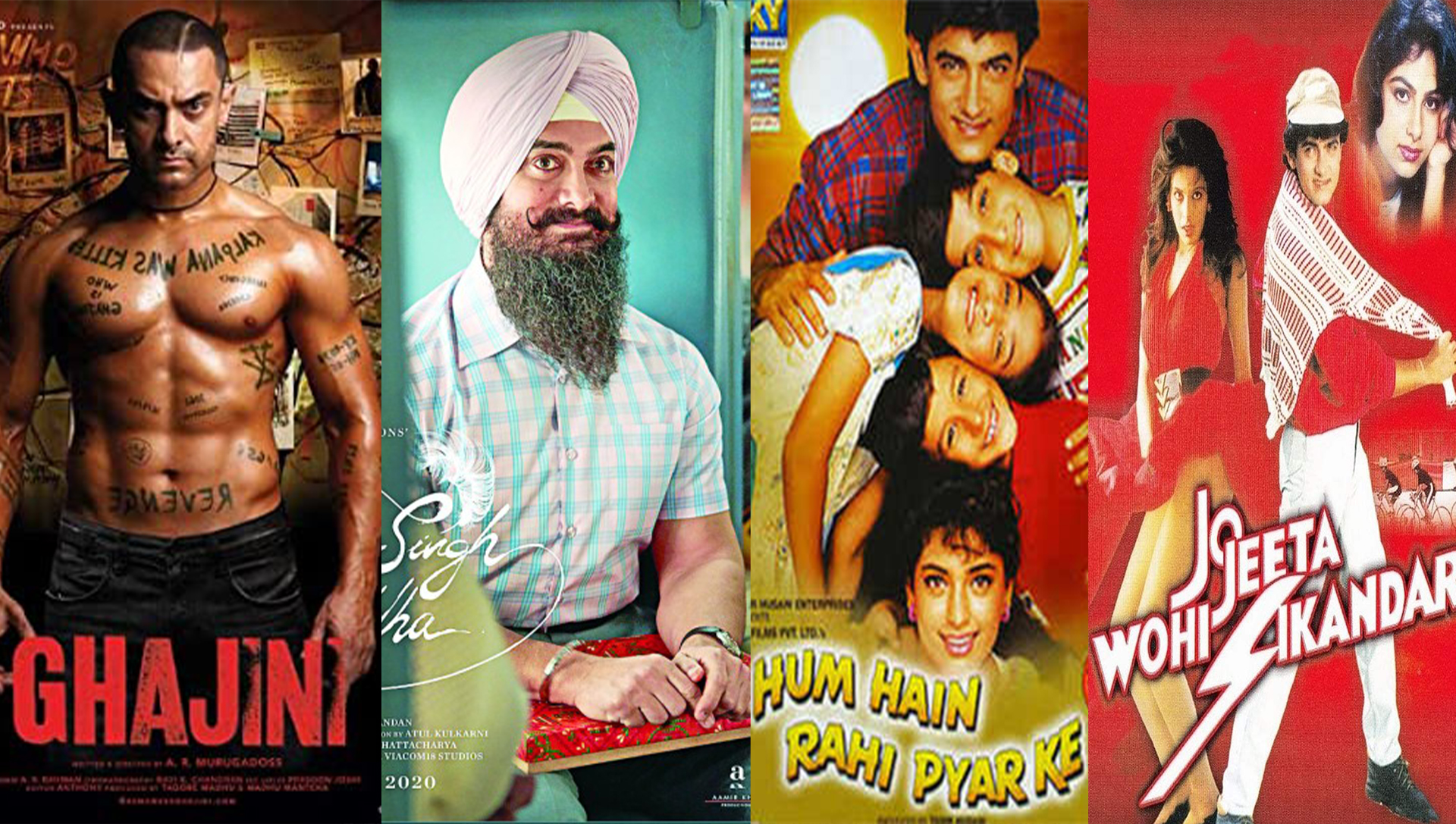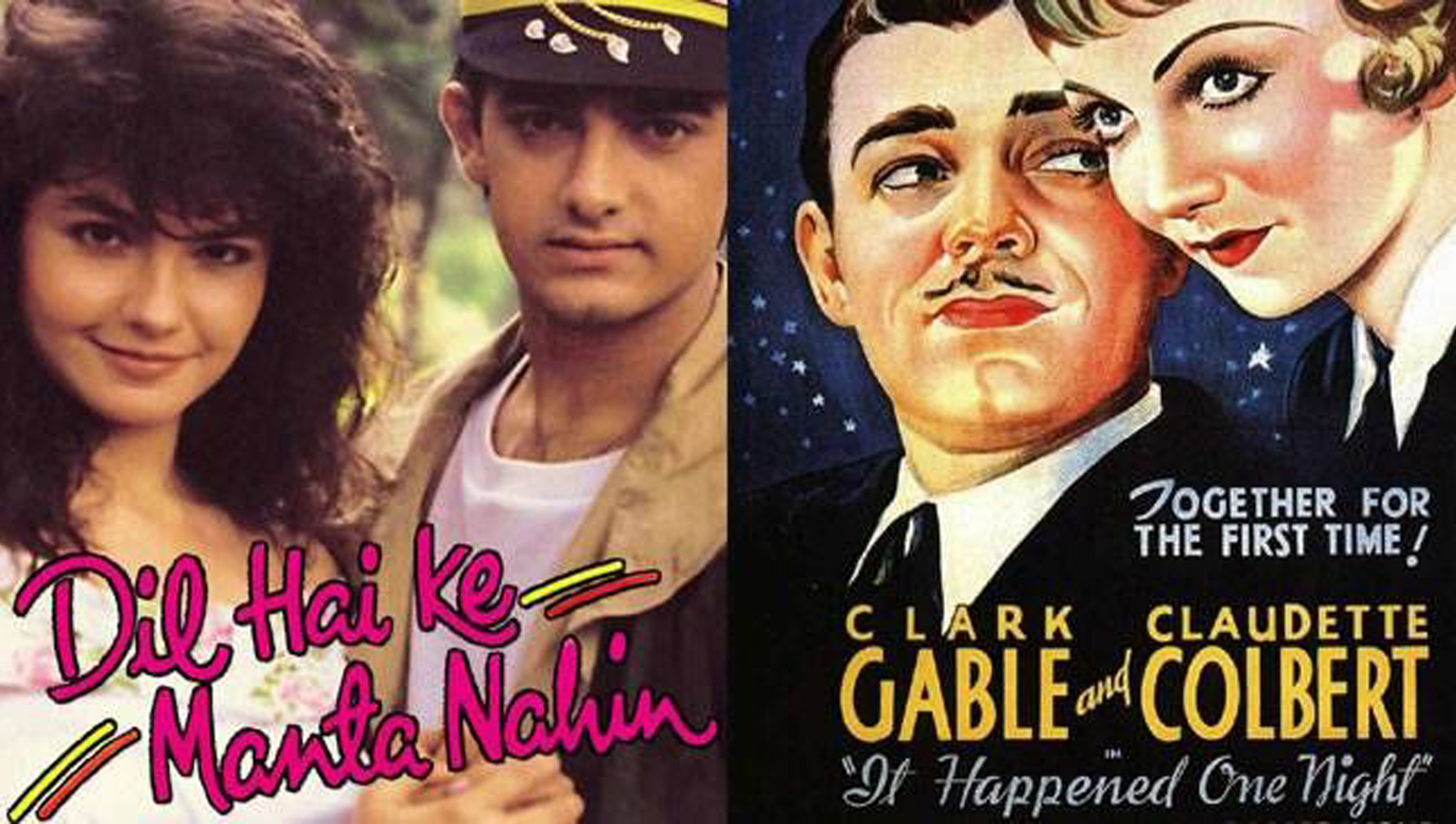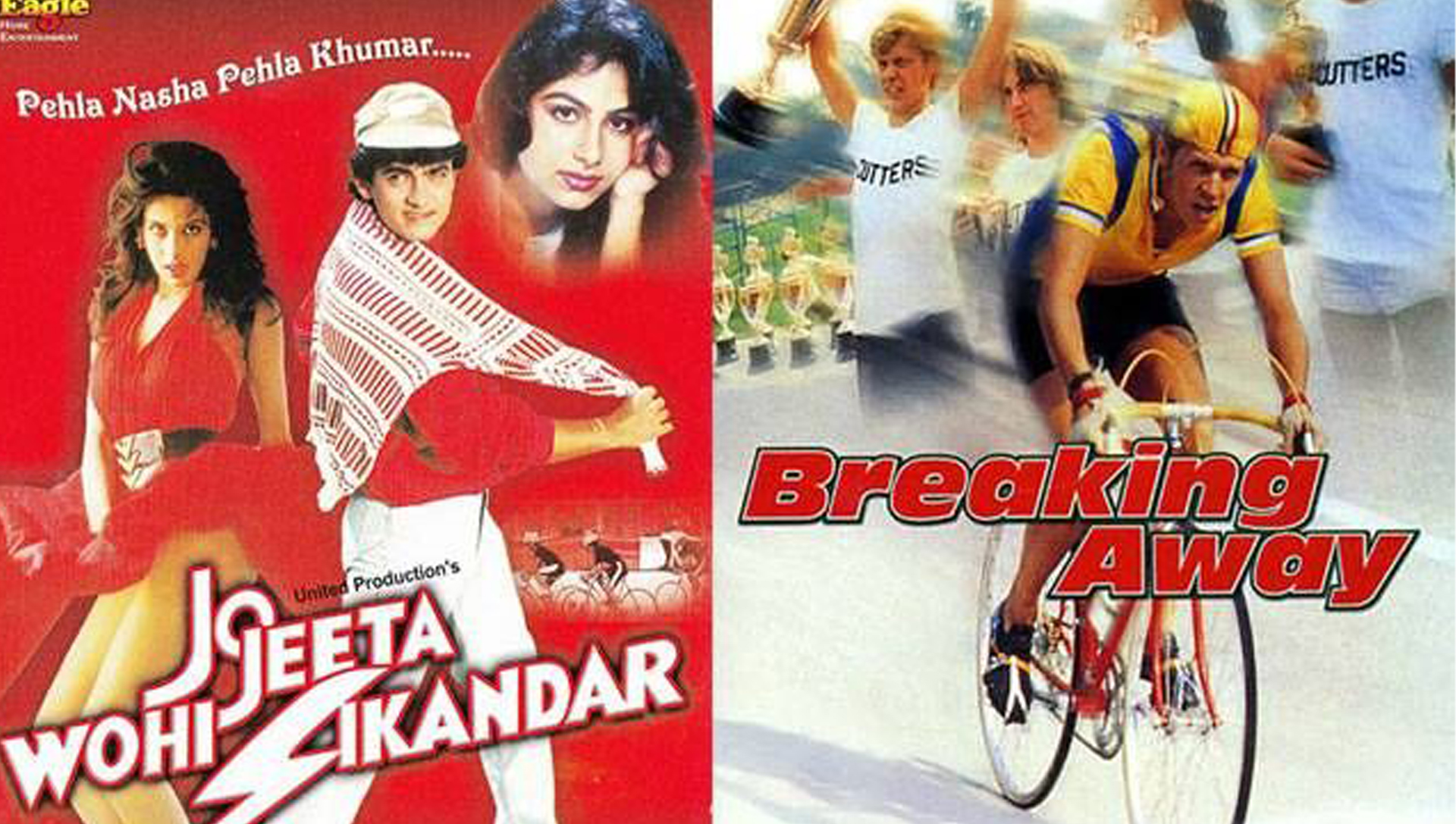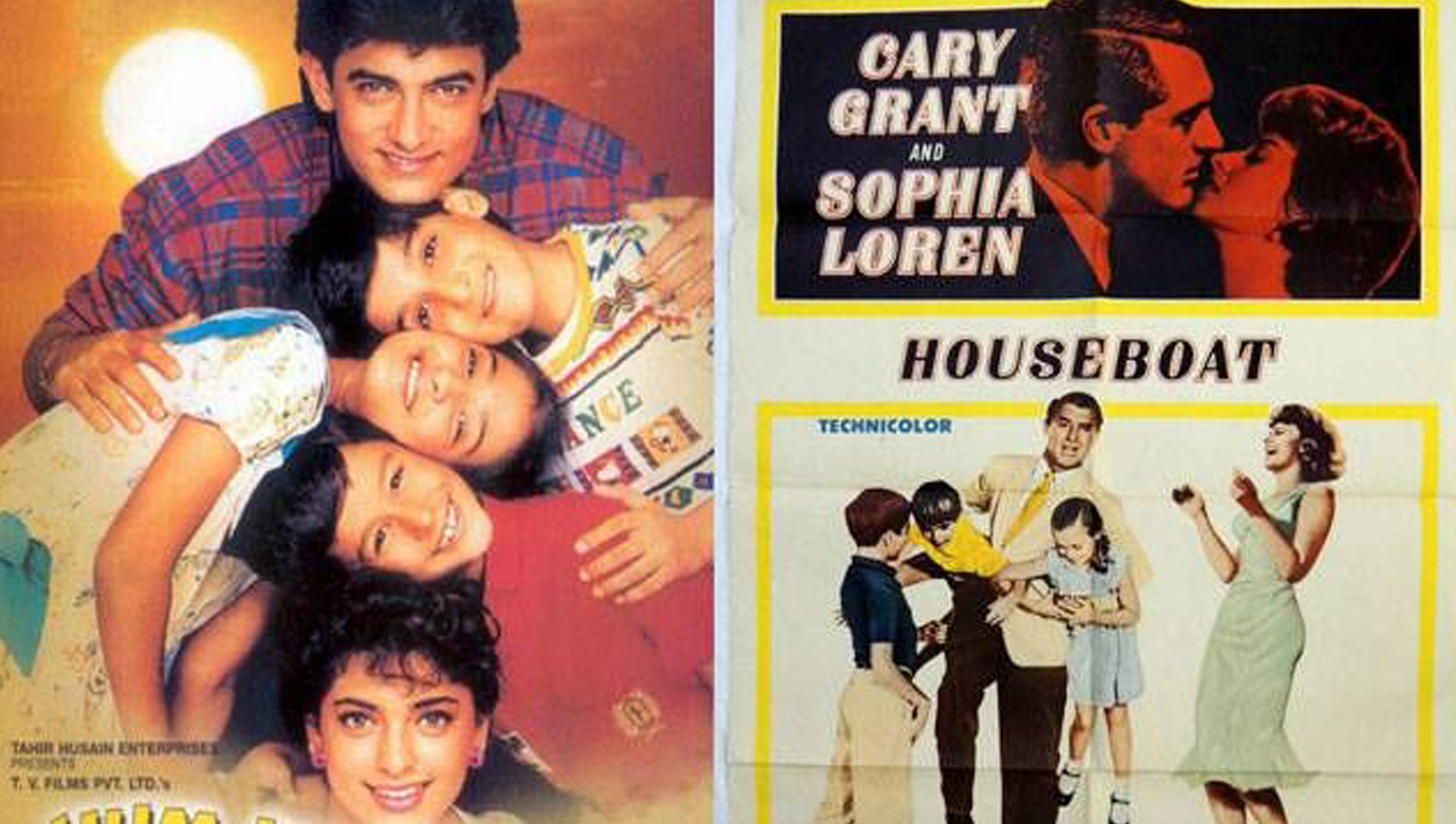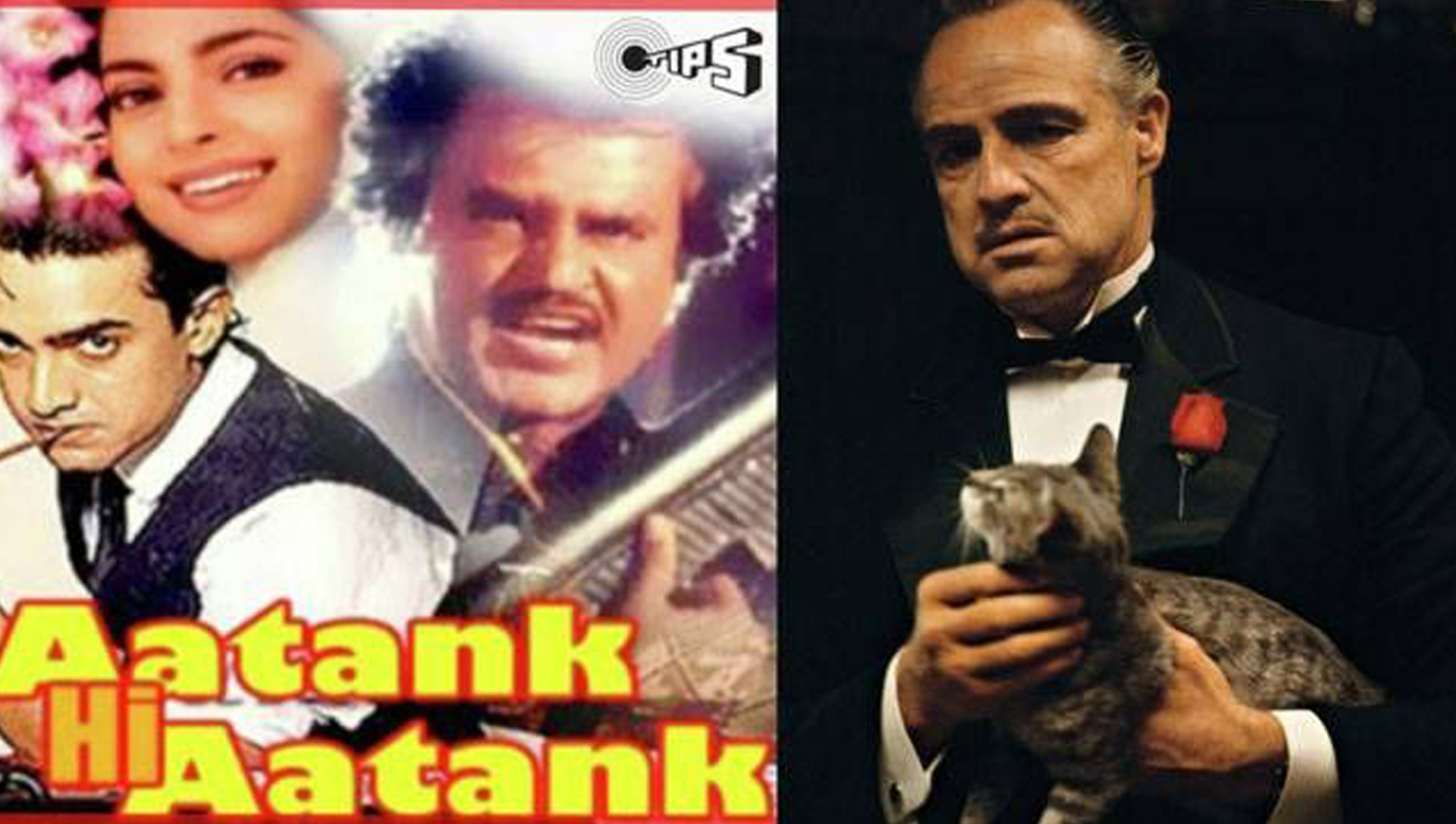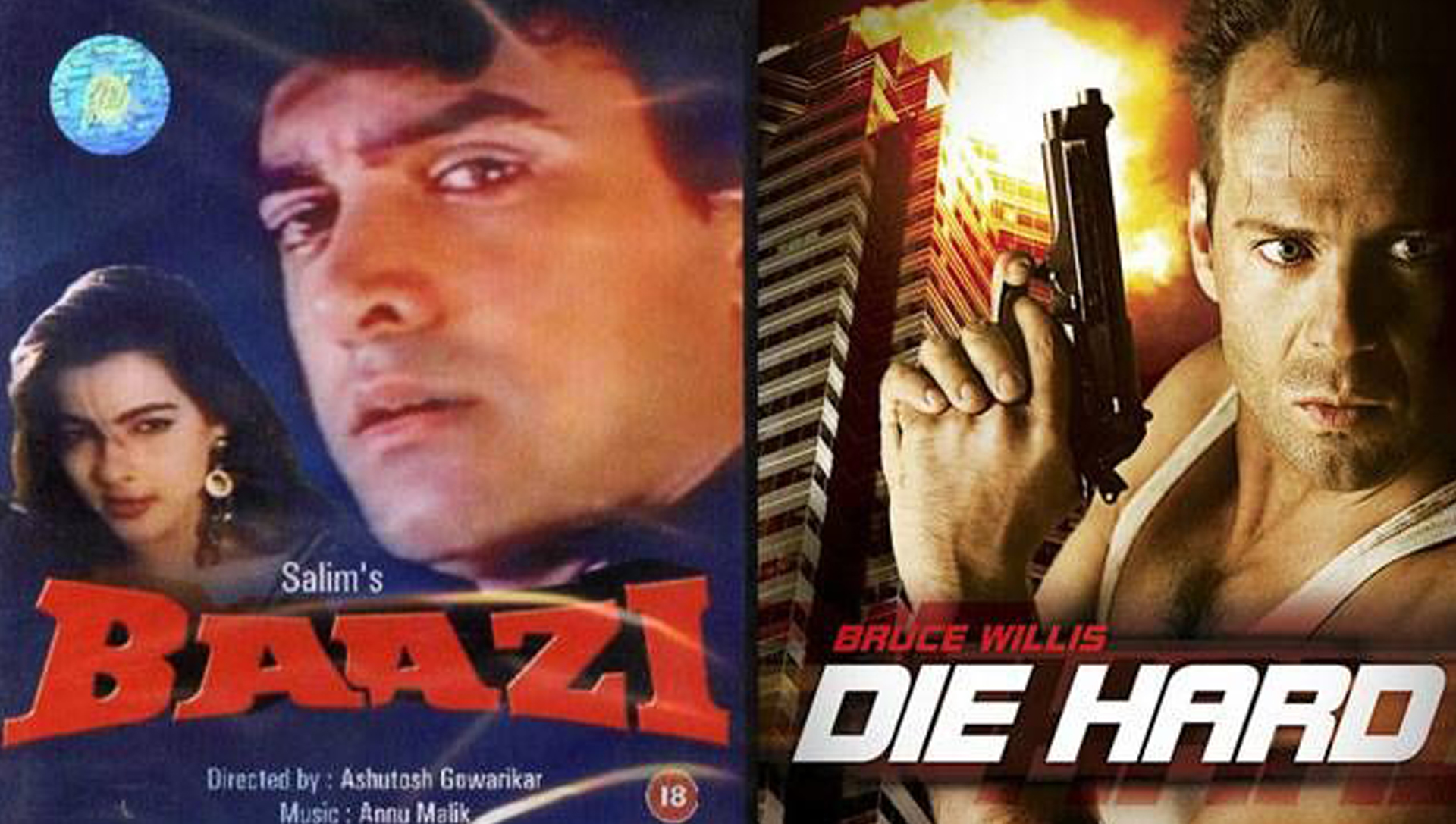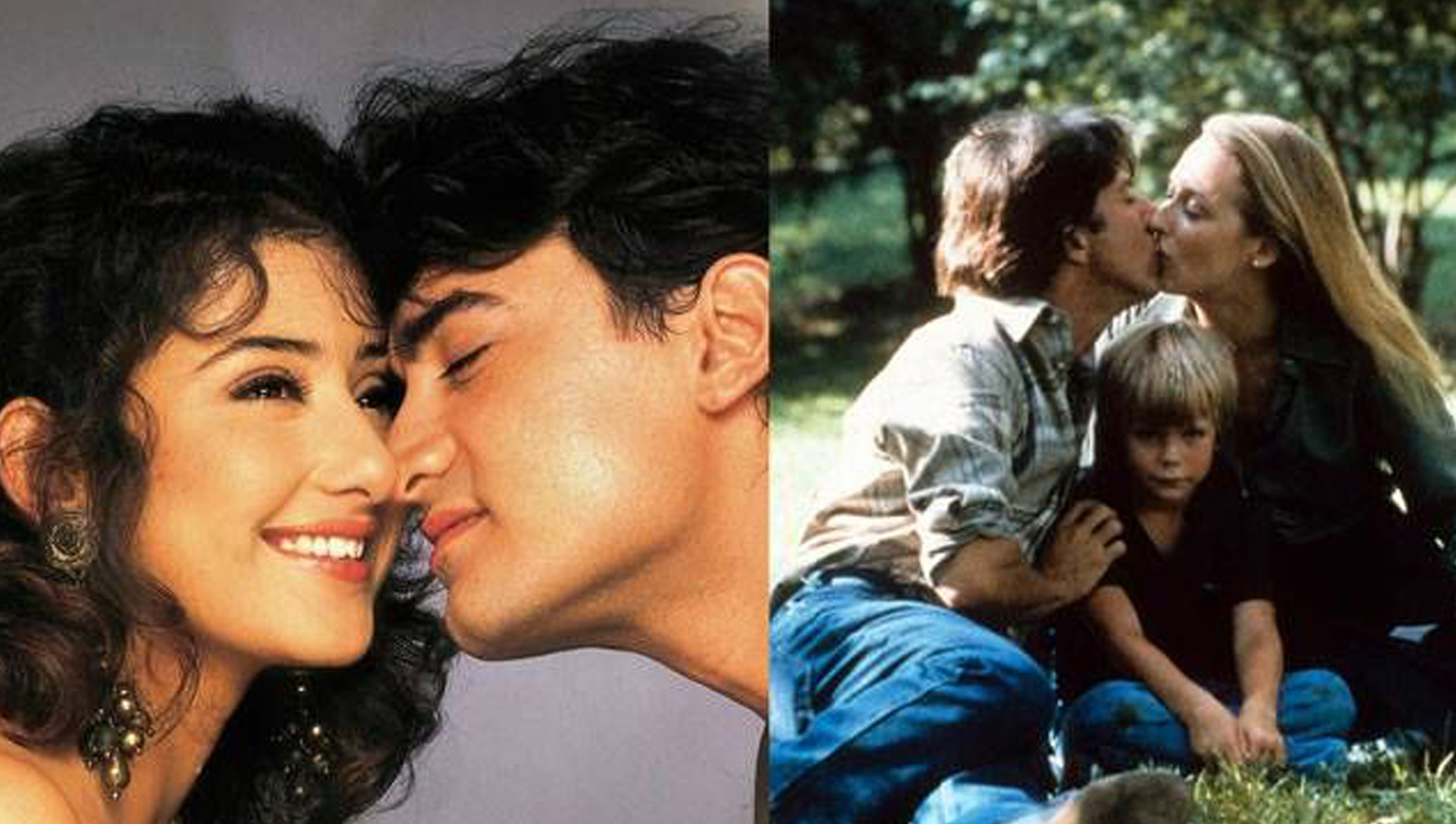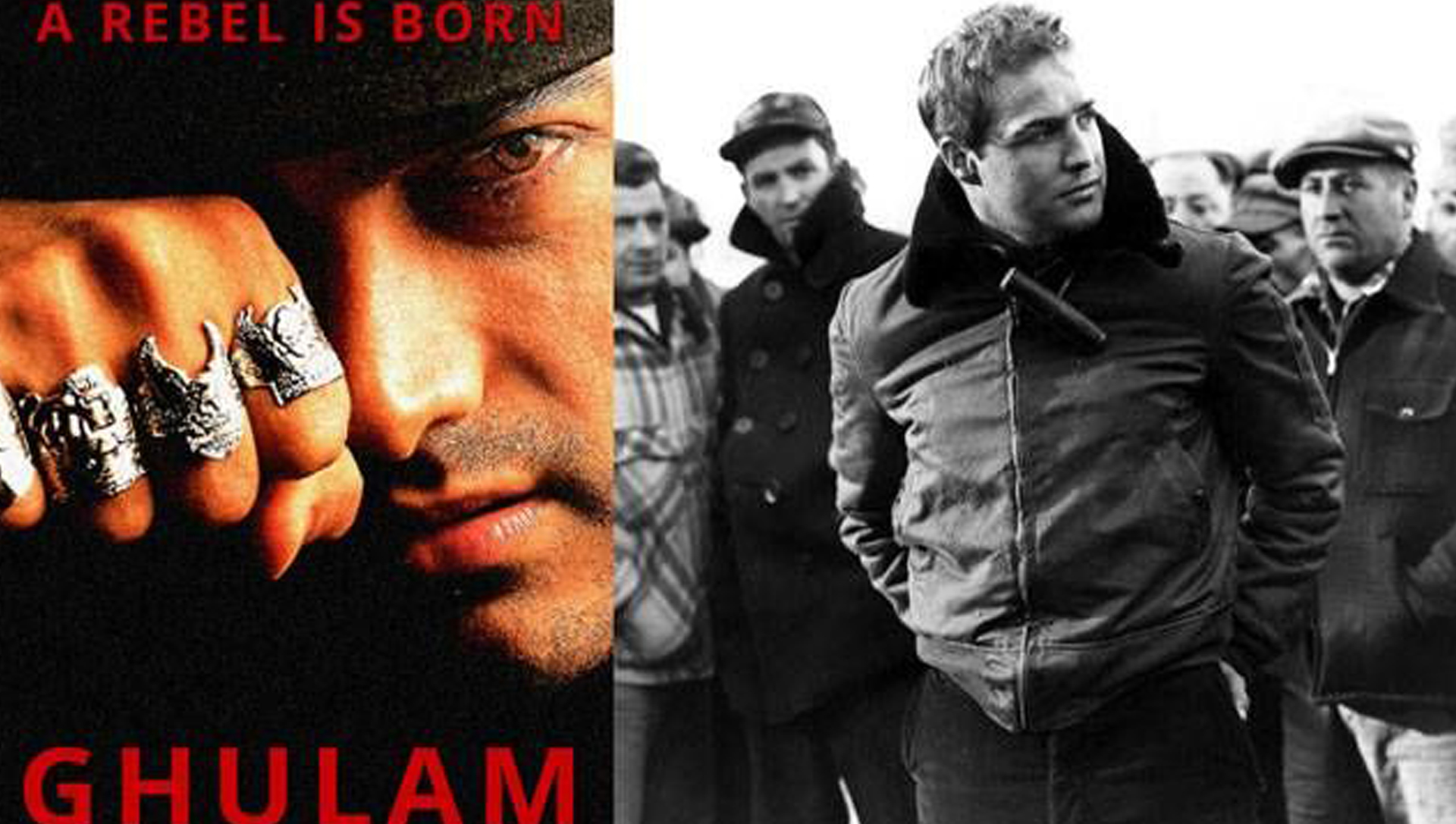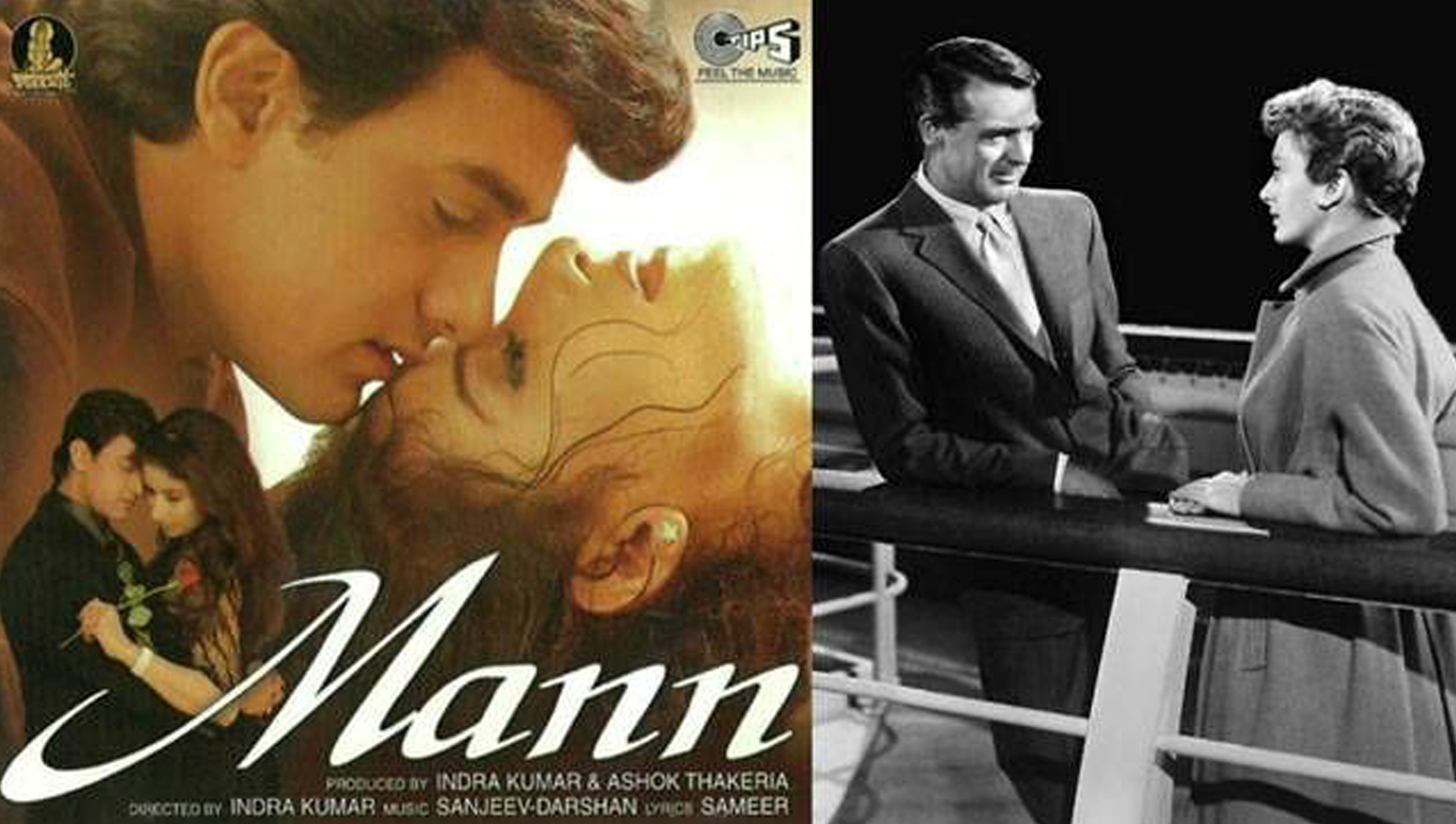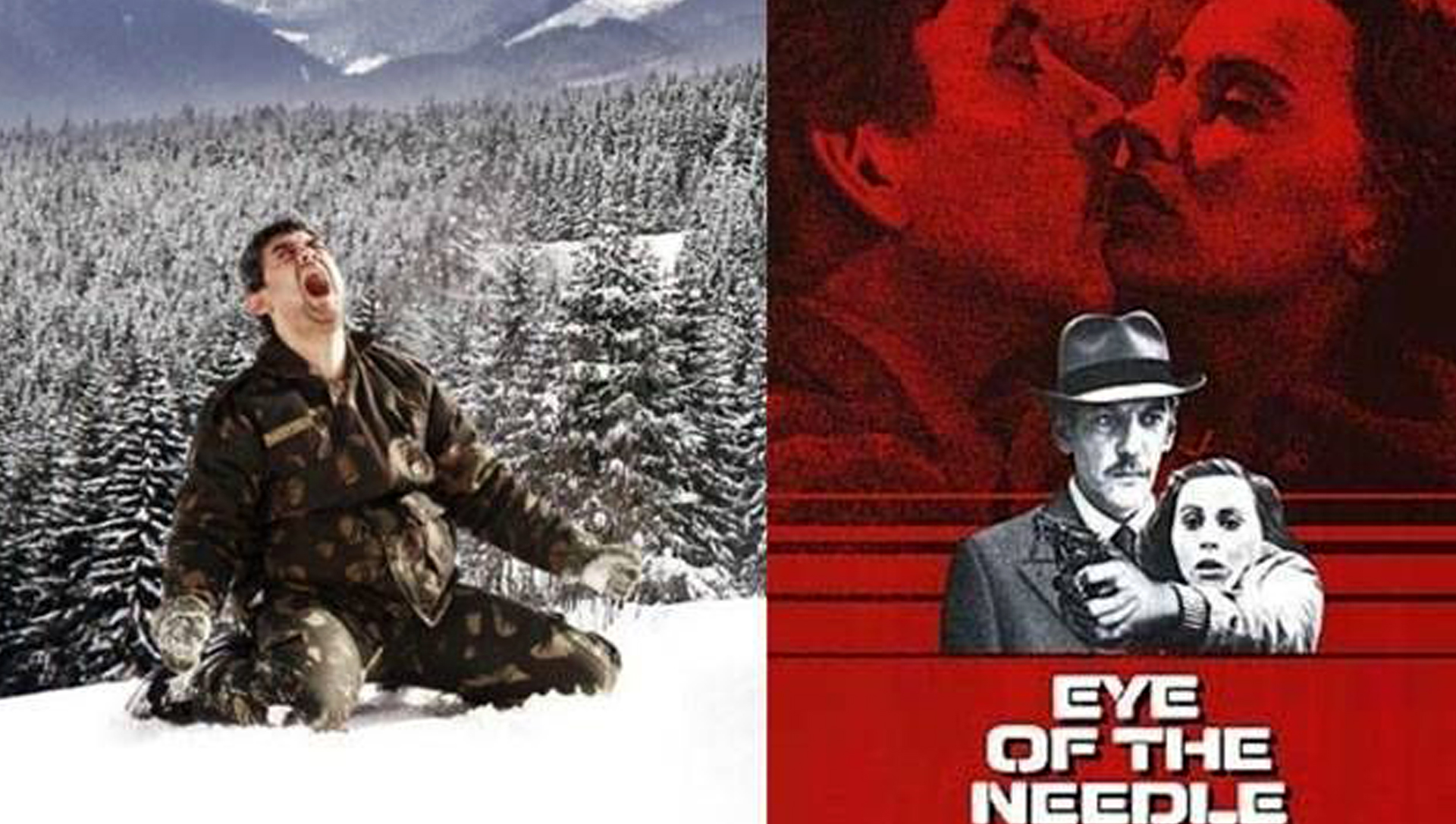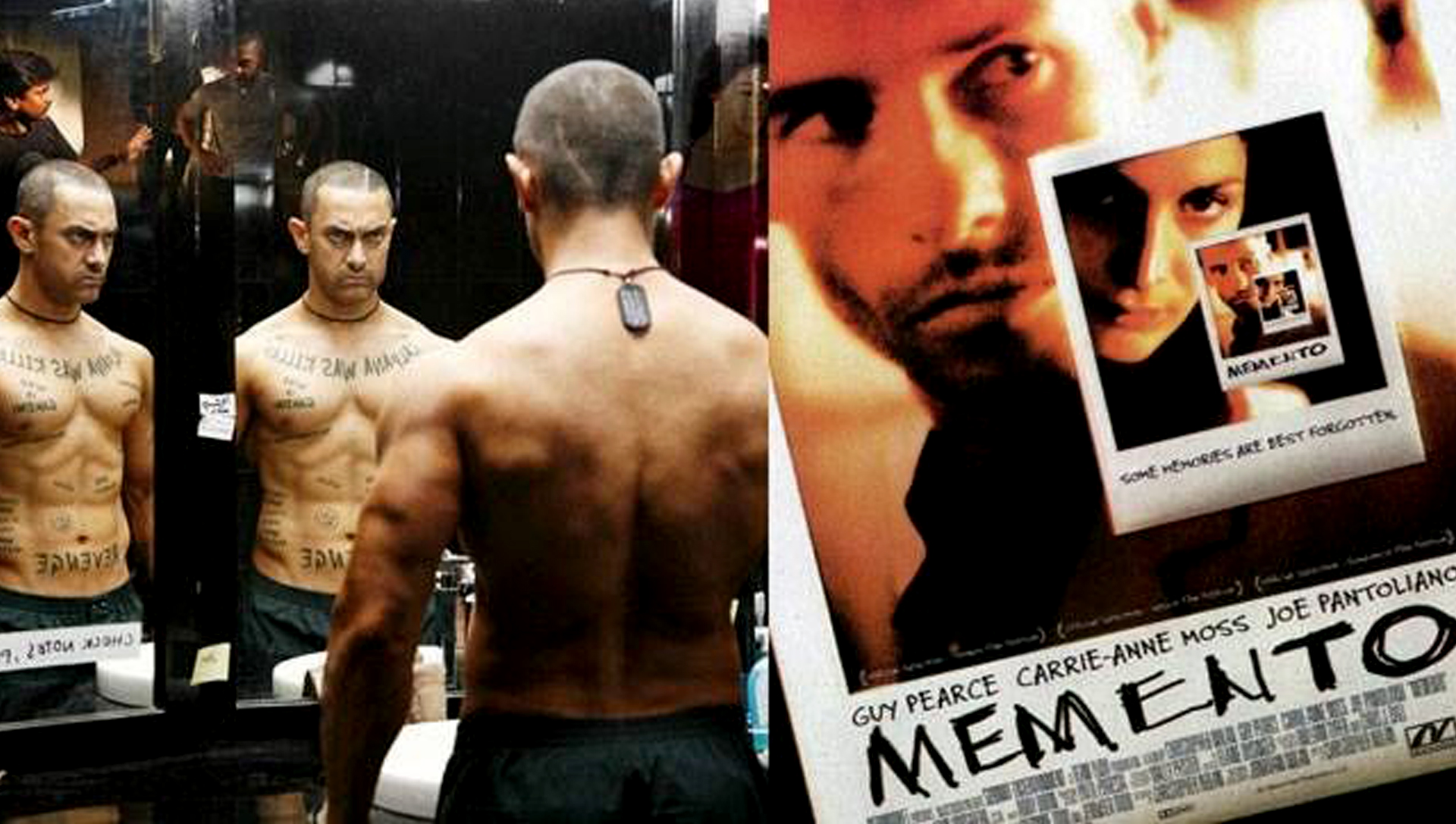BENGALURU: The trailer of Aamir Khan’s upcoming movie ‘Laal Singh Chaddha’ has elicited howling derision and an array of contemptuous memes from a large section of netizens.
An official remake of the 1994 Hollywood classic ‘Forrest Gump’, starring Tom Hanks, ‘Laal Singh Chaddha’ is directed by Advait Chandan. A lot of people feel that the makers of ‘Laal Singh Chaddha’ have mangled the essence of the original film and are not amused by the fact that Bollywood is still looking at Hollywood for inspiration.
It is important to mention here that the makers of ‘Laal Singh Chaddha’ have bought the rights of ‘Forrest Gump’ legally by coughing up money. The trailer of the movie also credits Eric Roth for the original screenplay. Hence, this is not a case of creative plagiarism as many people think.
However, Aamir in the past has acted in many movies which were a frame-to-frame copy of Hollywood films and the makers of those films neither bought rights nor credited the original source. Let’s look at 10 such examples:
1) Dil Hai Ke Manta Nahin (1991): This is one of the most egregious examples of plagiarism in Bollywood. Not just the plot, but even the scenes and all the characters are lifted lock, stock and barrel from ‘It Happened One Night’ – which was released in 1934 – by the director Mahesh Bhatt.
Aamir has mentioned several times that Frank Capra is one of his favourite directors so it is unlikely that he had not watched ‘It Happened One Night’, which was directed by Capra, while signing this film.
2) Jo Jeeta Wohi Sikander (1992): Now regarded as a cult movie, ‘Jo Jeeta Wohi Sikander’ had worked only in Mumbai, Delhi and Pune when it was released in 1992. In the rest of the country, it had failed to set the cash registers ringing.
To the credit of the director, Mansoor Khan, he only took the basic plot and the theme (students of working-class parents pitted against rich kids in a cycle race) from the American movie ‘Breaking Away’ (1979), but rendered a refreshingly different treatment more suited to the Indian palate. His effort can be passed off as a fine adaptation but the credit to the original film wouldn’t have been out of place.
3) Hum Hain Rahi Pyar Ke (1993): Another Aamir Khan-Mahesh Bhatt collaboration; another case of brazen plagiarism. One wonders how this movie won the Filmfare Award for the Best Film. Surely the discerning editor of the then reputed magazine must have been aware of the Hollywood movie called ‘Houseboat’, starring superstar Cary Grant and Sophia Loren, which had hit the screens in 1958.
4) Aatank Hi Aatank (1995): While the above three films were at least watchable, even if copied, this one ranks among the worst movies of Aamir Khan. The director Dilip Shankar deserves a rap on the knuckles for making a mess of The Godfather (1972), arguably the greatest film ever, and dishing out this utter dross.
The only thing to remember about ‘Aatank Hi Aatank’ is that it is the only movie to date in which Aamir and Rajinikanth have worked together.
5) Baazi (1995): We are willing to forgive Aamir Khan and Ashutosh Gowariker – the director – for ‘Baazi’ only because six years later, they together gave us a masterpiece called ‘Lagaan’.
As for ‘Baazi’, the second half of the film, especially the entire hostage sequence, is a rip-off from Bruce Willis’ 1988 movie ‘Die Hard’.
6) Akele Hum Akele Tum (1995): Aamir Khan’s 3rd film of 1995 was a dead ringer of a Hollywood movie without any credit. Just like ‘Jo Jeeta Wohi Sikander’, the director Mansoor Khan once again crafted a competent product but borrowed heavily from the hugely acclaimed ‘Kramer vs Kramer’ which won five Academy Awards in 1979.
Call it poetic justice… Despite being a well-made film, ‘Akele Hum Akele Tum’ tanked at the turnstiles.
7) Ghulam (1998): Though the basic storyline bears a marked resemblance with Marlon Brando’s 1954 classic ‘On The Waterfront’, ‘Ghulam’ – directed by Vikram Bhatt – is one of the rare cases where a film measures up to its source material. It is an open secret that Aamir contributed immensely to the screenplay of the film and his diligence makes this movie worth your time.
The execution, treatment and music add substance to ‘Ghulam’. Not giving the credit where it was due remains the only sore point.
8) Mann (1999): Aamir was reportedly unhappy with the director Indra Kumar during the making of the movie and perhaps rightly so. This is one of the most atrocious cases of plagiarism, where scenes after scenes are straight-out lifts. Even the dialogues are merely translated from English to Hindi. The unimaginative director has even modelled his character actors on the lines of those in the original movie.
Strictly avoid this movie and rather watch the original one – ‘An Affair To Remember’ – which is one of the most evocative romantic movies. Aamir clearly has a fondness for Cary Grant and his movies.
9) Fanaa (2006): When released, this Kunal Kohli film was panned by the critics but became a humongous hit at the box office. While the first half is original, albeit terribly cheesy, the second half takes generous inspiration from the 1981 Hollywood movie ‘Eye Of The Needle’.
However, it must be said that ‘Fanaa’ is subpar not because of its inspiration but because it doesn’t do justice to the combined talent of Aamir and Kajol who came together as a lead pair for the first time for this film.
10) Ghajini (2008): When released in 2008, ‘Ghajini’ became the first Bollywood movie to clock up Rs 100 crore nett in India. In other words, it started the Rs 100 crore club and became a blockbuster. But the director of the original movie ‘Memento’, Christopher Nolan, wasn’t very pleased with Aamir and the makers of ‘Ghajini’ as they didn’t give him any credit or compensation for rehashing his ‘Memento’.
Though Aamir claimed many times that ‘Ghajini’ is not a facsimile of ‘Memento’, his assertion doesn’t cut ice if one has watched both films. Be it the plot, the look of the protagonist or the common ailment – ‘short-term memory loss’ – ‘Ghajini’ bore the undeniable resemblance with ‘Memento’.
(Navneet Mundhra is a news junkie who feasts on cinema and cricket at The New Indian)
(Disclaimer: Views expressed above are the author’s own.)



